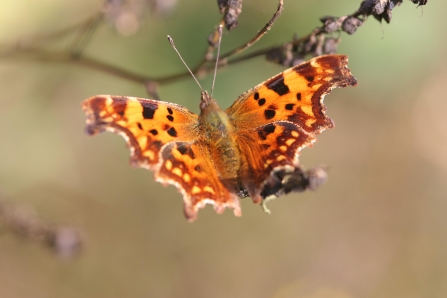Yesterday evening I was privileged to listen to an astonishing series of talks about saving lives in Africa and the Middle East by inspiring advocates from the charity Médicins Sans Frontières (Doctors without borders). Heart-breaking personal stories, unimaginable working conditions, the true heroism of these people who face the worst possible crises in the most dangerous places on Earth. Whether hiding in the swamps of war-torn southern Sudan or delivering babies in 50 degree heat in the Syrian deserts while dodging Isis gunfire, it was impossible not to be moved by these incredible feats of human endurance coupled with a seemingly inexhaustible desire to do good.
Why is this work so necessary in so many places we might well ask? Disease, conflict, drought and crop failure, the root causes are as varied as they are complex. But underlying many of these humanitarian crises are environmental ones. The human induced ecological dead zone in the seas off the Horn of Africa, along with the ravages of an equally human induced changing climate, are often cited among the reasons why the area has suffered so much. And at the heart of many conflicts is the burgeoning pressure on ever scarcer natural resources. The news headlines rarely if ever report it this way, but the fate of the most vulnerable people on the planet and their natural environment is inextricably linked.


